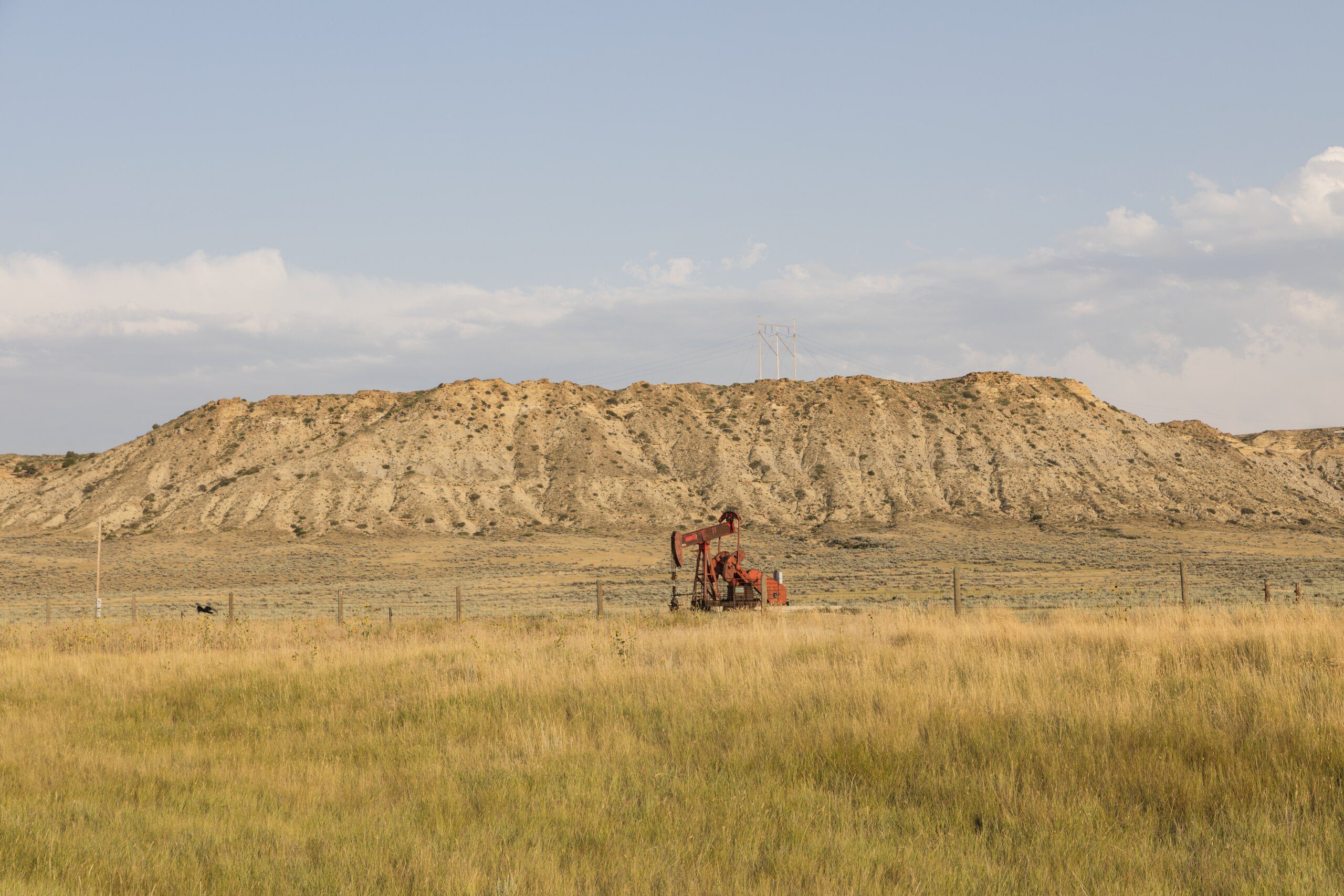- Federal court rules in favor of environmental groups.
- The case challenges the Converse County Oil and Gas Project.
- Court finds flaws in the environmental impact analysis.
- Additional court briefing on remedies required.
- Project approval remains in limbo pending further decisions.
September 19, 2024 — On September 13, 2024, the United States District Court for the District of Columbia, presided over by Judge Tanya S. Chutkan, issued a key ruling on the Converse County Oil and Gas Project. The court partially granted a motion for summary judgment filed by the Powder River Basin Resource Council and Western Watersheds Project. The ruling found errors in the U.S. Bureau of Land Management’s (BLM) environmental analysis. This ruling is part of a broader legal challenge to the U.S. Department of the Interior’s approval of the project.
[Download link for the Memorandum Opinion  in Power River Basin Resource Council et al., v U.S. Dept of Interior, et al.]
in Power River Basin Resource Council et al., v U.S. Dept of Interior, et al.]
Background.
The Converse County Oil and Gas Project was approved in December 2020 and will cover about 52,667 acres of BLM-administered land in Wyoming. Plans call for approximately 500 wells per year over a 10-year period. Environmental advocacy groups raised concerns about the project’s impact on groundwater levels and wildlife.
The plaintiffs claimed that the BLM’s Environmental Impact Statement (EIS), which assesses the project’s environmental effects, contained significant errors, especially regarding its estimation of groundwater drawdown. The court agreed that the BLM’s analysis underestimated potential environmental impacts, using incorrect storage values in its groundwater model.
Legal Proceedings.
The plaintiffs filed their lawsuit in September 2022, accusing the U.S. Department of the Interior and BLM of violating several federal laws, including the National Environmental Policy Act (NEPA), the Federal Land Policy and Management Act (FLPMA), and the Mineral Leasing Act (MLA).
The court found that the BLM’s reliance on outdated data for groundwater modeling was not sufficiently justified. Specifically, the Environmental Protection Agency (EPA) had previously flagged this issue, noting that BLM had likely underestimated the magnitude of groundwater depletion.
While the court partially granted the plaintiffs’ motion for summary judgment, it denied similar motions filed by the State of Wyoming and energy companies involved in the project, including Devon Energy Production Company and Continental Resources.
Further Briefings.
As part of the decision, the court has called for further briefing on the remedy, including vacating the project approval. In the meantime, the court has enjoined any further approvals of permits to drill based on the flawed EIS, pending a final decision.
This ruling leaves the future of the Converse County Oil and Gas Project uncertain while the court evaluates appropriate next steps for addressing the environmental concerns raised in the lawsuit.
Additional Information.
- Courthouse News Service
 : Judge halts Wyoming drilling amid concerns feds miscalculated groundwater effects
: Judge halts Wyoming drilling amid concerns feds miscalculated groundwater effects - WyoFile
 : Court blocks new federal drilling permits at Delaware-sized oil and gas field
: Court blocks new federal drilling permits at Delaware-sized oil and gas field
Image:
A lone pumpjack, or above-ground drive for an undergound oil pump, in a remote section of Converse County, Wyoming, near Glenrock . US Library of Congress via Wikimedia.
. US Library of Congress via Wikimedia.


Leave a Reply